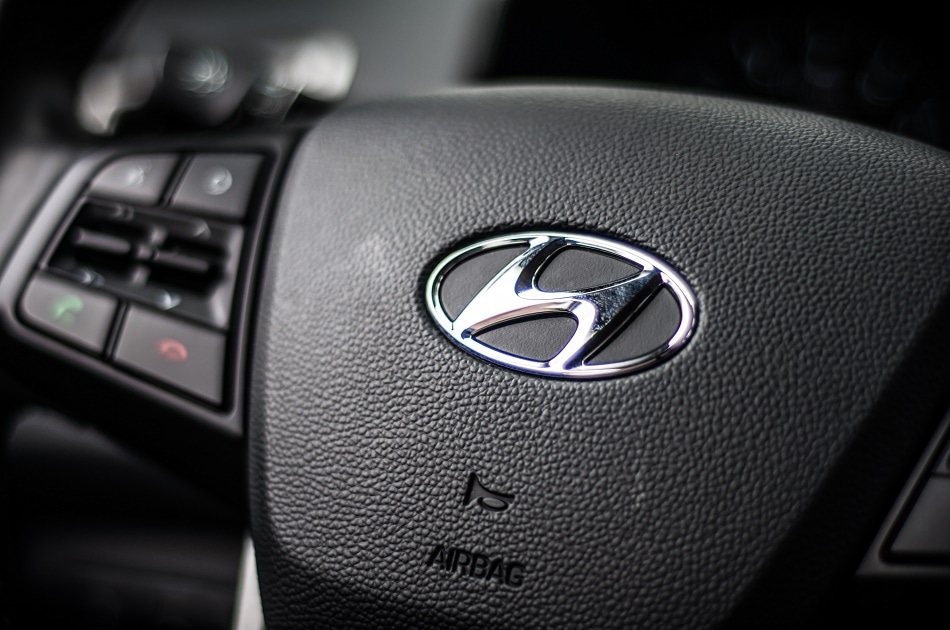
Image credit : Roman Vyshnikov / Shutterstock.com
Hyundai has innovated a new artificial intelligence (AI) based smart cruise control system that adapts to the driver’s behavior. Through incorporating machine learning into the new development they have created a system that is pegged as being smarter than others on the market.
AI Combined With Smart Cruise Control
The automotive company had recently made bold statements that they aimed to position themselves as a leader in the rapidly growing areas of autonomous driving and the connected car, which are currently driving the auto industry.
With their new AI-assisted cruise control, Hyundai has undoubtedly made a significant step in the auto industry’s technological revolution, indeed helping to position it as a leader rather than a follower.
This month, Hyundai announced that it’s Machine Learning based Smart Cruise Control (SCC-ML) was already ready to be added into new vehicles, most likely, we will see it debut in the Genesis luxury brand. The technology works through using AI algorithms alongside smart cruise control, giving it the capability to mix in the driver’s own driving style with the self-driving behavior generated by the system, resulting in a personalized experience. Representing a world first in the industry.
AI That Learns The Patterns Of The Driver
One key capability of Hyundai’s new system is that it can maintain a customized distance away from other cars on the freeway by learning the driver’s preferences through using AI to study the driver’s behaviors. It can employ this automated distance monitoring system while maintaining a speed that is selected by the driver.
The machine-learning algorithm that has been developed by Hyundai analyzes the driver’s patterns to a level where it can employ automated driving styles that accurately mimic that of the driver. Previous attempts at this technology that have been integrated into Hyundai’s vehicles have required the driver to make adjustments, such as the preferred distance traveling behind the vehicle in front, manually.
The company found that in using its old system, drivers were aware that the automated driving style differed to their own. Therefore, in order to address this, its engineers have developed a system that aims to be more comfortable and seamless. Hyundai hoped that this would encourage the adoption of the technology, as previous awareness in the difference in driving style had led to drivers being reluctant to use it.
Hyundai’s SCC-ML system incorporates the use of a front camera and radar as sensors to provide a source for incoming data, that is then processed and analyzed by the central computer. The analyzed data is then used to understand patterns of driving behavior. The technology is capable of recognizing three kinds of behavior: distance from preceding vehicles, acceleration, and responsiveness. The system is also smart enough to categorize behaviors as responses to specific scenarios, such as behaviors the driver makes in traffic, and behaviors they make in the high-speed lane on a highway.
To ensure the system can distinguish the driving habits of any driver, the algorithm has been developed to understand 10,000 different patterns. In addition to this, it can recognize any unsafe patterns and it will not take on this style of driving.
The Future Of Driving Technology
Recent reports value the worldwide highway driving assist market to be currently worth around $1.9 billion. This is predicted to rise to around $10.7 billion by 2027, representing rapid growth. AI and Machine Learning Technology represent one of the 5 major trends predicted to drive the market during this period. Hyundai looks set to play a key role in this field. It’s already working on further developments to its SCC-ML system, looking at how to program it to safely govern automatic lane changes.
Disclaimer: The views expressed here are those of the author expressed in their private capacity and do not necessarily represent the views of AZoM.com Limited T/A AZoNetwork the owner and operator of this website. This disclaimer forms part of the Terms and conditions of use of this website.